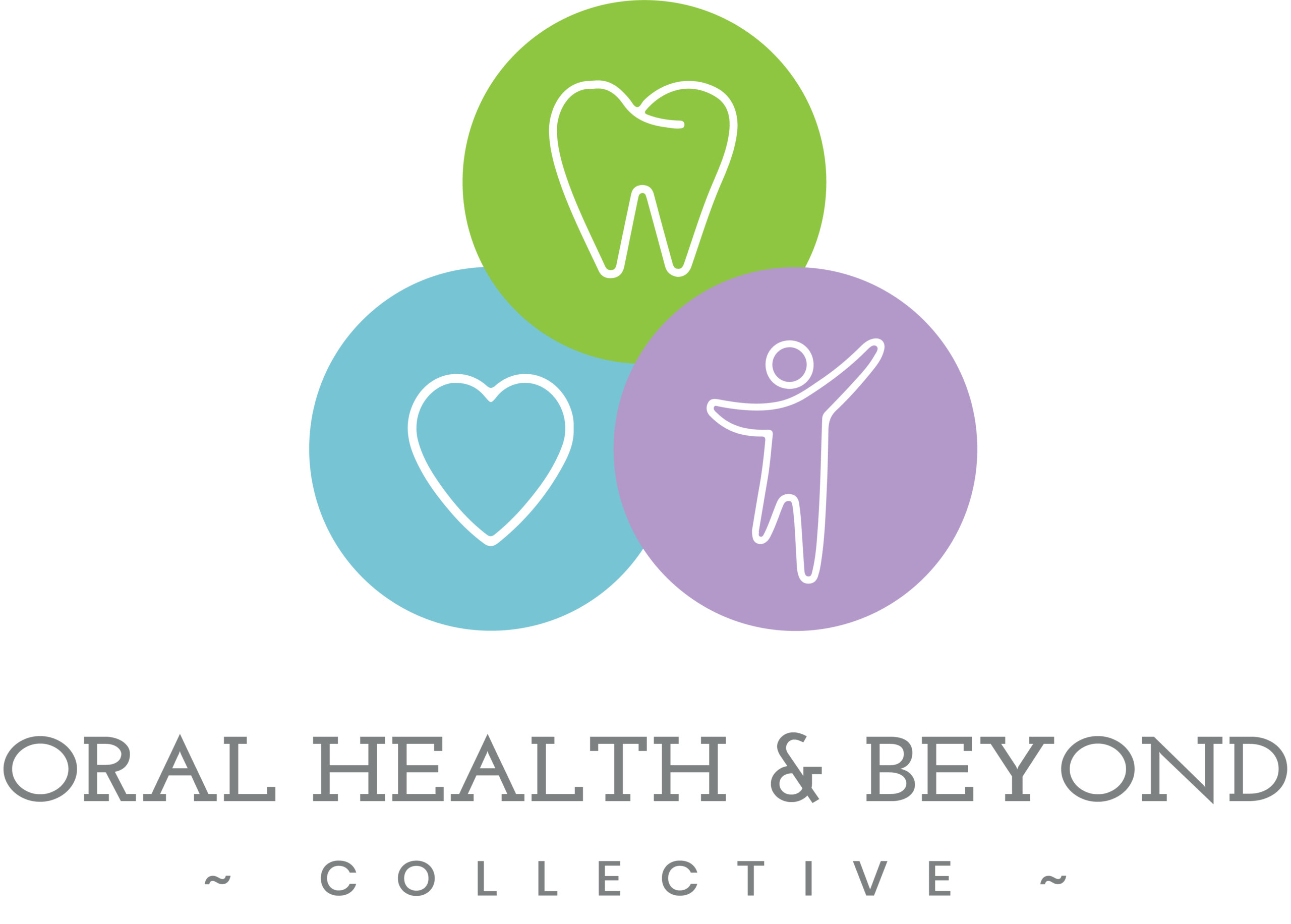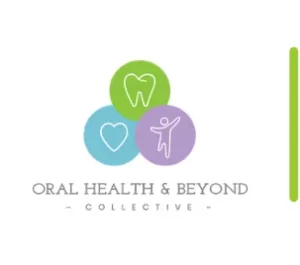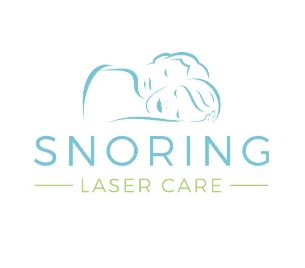
Why do Teeth Discolour?
Worrying about discoloured teeth can stop you feeling confident about your smile, but the good news is that there is plenty you can do to minimise and treat the problem
What is tooth discolouration?
The first step to whitening your smile is to understand what may be causing the discolouration you are experiencing, and there are a number of possible reasons for teeth staining:
- Drinking lots of coffee, wine and cola can darken the external surface of the tooth, the enamel. Smoking will also have the same effect.
- Chips and tooth damage can lead to discolouration, especially when the tooth pulp has been damaged. Root canal treatment can remove this pulp before it has a chance to decay and darken; although teeth that have root canal treatment may darken anyway.
- Internal changes to the tooth structure, or dentin, can happen as a result of:
o Over-exposure to fluoride during childhood. Once the enamel is formed (generally by the age of 8), fluoride will not discolour
teeth.
o Tetracycline antibiotics prescribed to you before the age of 8 or given to your mother during the later stages of pregnancy
o Tooth trauma during childhood
o A rare condition called dentinogenesis imperfecta which causes grey, amber or purple discolourations
- Tartar. When plaque builds up on the teeth, over time it hardens into tartar – a brownish substance often found at the gum line.
Because tartar is porous, it absorbs stains from hot drinks and nicotine more easily, exaggerating the discolouration. - Age-related factors. Dentin naturally yellows over time and as the surface enamel thins with age, the dentin shows through
- Coeliac disease. The tooth enamel of sufferers is often poorly developed and brown, yellow or white spots may be visible on the teeth.
How can I prevent tooth discolouration?
Some people are naturally predisposed towards darker teeth, but there are small changes you can make to your routine that will help prevent your teeth darkening excessively:
• Brushing your teeth after every meal will help to prevent some stains
• Dentists recommend that you rinse your mouth with water after having wine, coffee or other drinks or foods that can stain your
teeth.
• Regular visits to a dental hygienist will help to remove surface stains and keep most tartar deposits at bay with a periodic scale and
polish.
What are my treatment options?
Dentists can diagnose tooth discolouration with a quick examination, and some types can be removed with professional cleaning, for example, those stains caused by coffee. Good home care is always recommended to help minimise discolouration, such as brushing, flossing and rinsing after meals. Whitening toothpaste may remove minor stains but they will not change the overall colour of your teeth. Unfortunately, many stains are permanent, and in such cases, there are a couple of treatment options – your dentist will advise on the best one to suit you:|
• Whitening with a bleaching gel.
Your dentist will apply a light-activated bleaching gel that will make the teeth significantly whiter in just 30 – 45 minutes. Follow-up treatments may be needed, or take-home bleaching trays may be recommended, depending on your individual requirements. At-home treatments are also available, but the bleaching gels used are not as strong and thus the process takes longer (two to four weeks on average). Over-the-counter products are weaker still, but they will lighten your teeth over time.
• Fitting a crown or veneer where the discolouration is more severe, after root canal treatment for example. Your tooth is covered with a colour-matched composite bonding material to form a crown, or another option is veneers, thin ceramic shells that cover the outer surfaces of the teeth.
So don’t get down about the brown, contact us today to find out more about the teeth whitening options that are right for you.






